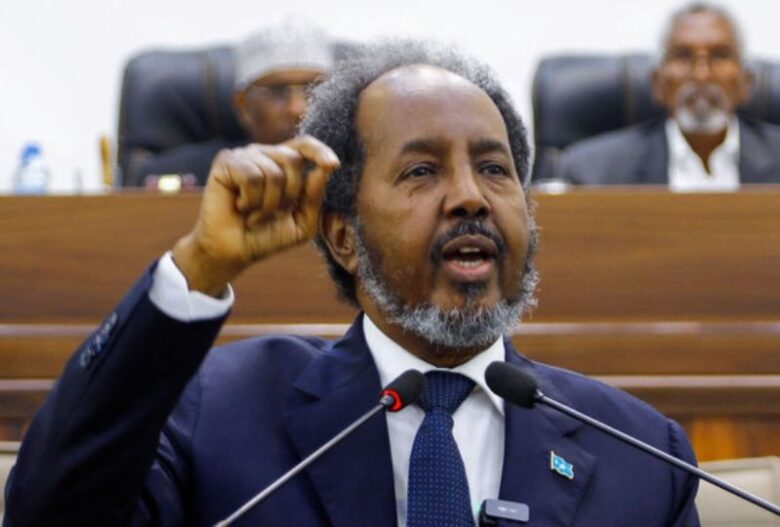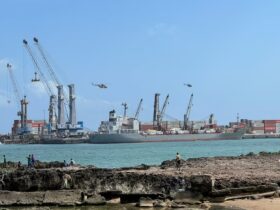Somalia has accused neighboring Ethiopia of supplying weapons to its northeastern Puntland region, which declared itself independent earlier this year despite opposition from the central government.
The relationship between Ethiopia and Somalia has been historically tense, impacting the stability of Somalia’s fragile federal structure and hindering its ability to combat the long-standing insurgency by the militant group Al-Shabaab.
Tensions escalated on January 1, 2024, when Ethiopia signed a deal with Somaliland, a breakaway region of Somalia, granting Ethiopia access to the sea—a long-sought goal for the landlocked nation.
Somalia’s foreign ministry condemned the alleged arms shipments from Ethiopia to Puntland, stating, “We demand an immediate halt and call on international partners to support peace efforts in the Horn of Africa.”
Puntland, which has operated as a semi-autonomous region since 1998, announced its independent status in January following disputes over constitutional changes.
In a statement, the Somali foreign ministry claimed, “Documented evidence confirms the arrival of two lorries transporting weapons from Ethiopia to Puntland, executed without any diplomatic engagement or clearance.” They emphasized that this action infringes on Somalia’s sovereignty and threatens national and regional security.
Ethiopia’s foreign ministry has not responded to requests for comment. Under the January agreement, Somaliland agreed to lease part of its coast to Ethiopia for 50 years, allowing Ethiopia to establish a naval base and commercial port.
In return, Somaliland expects Ethiopia to be the first country to formally recognize its independence, a claim that remains unverified by Addis Ababa.
Officials in Mogadishu have indicated that this agreement could lead to the withdrawal of thousands of Ethiopian troops currently stationed in Somalia to combat Al-Shabaab, as their presence is based on prior bilateral agreements.
On August 14, Mogadishu also signed a military pact with Egypt, which plans to join the African Union force in Somalia by 2025.
YOU MAY ALSO READ: Worries grow over price hike as drought in Brazil hits coffee farms









Got a Question?
Find us on Socials or Contact us and we’ll get back to you as soon as possible.